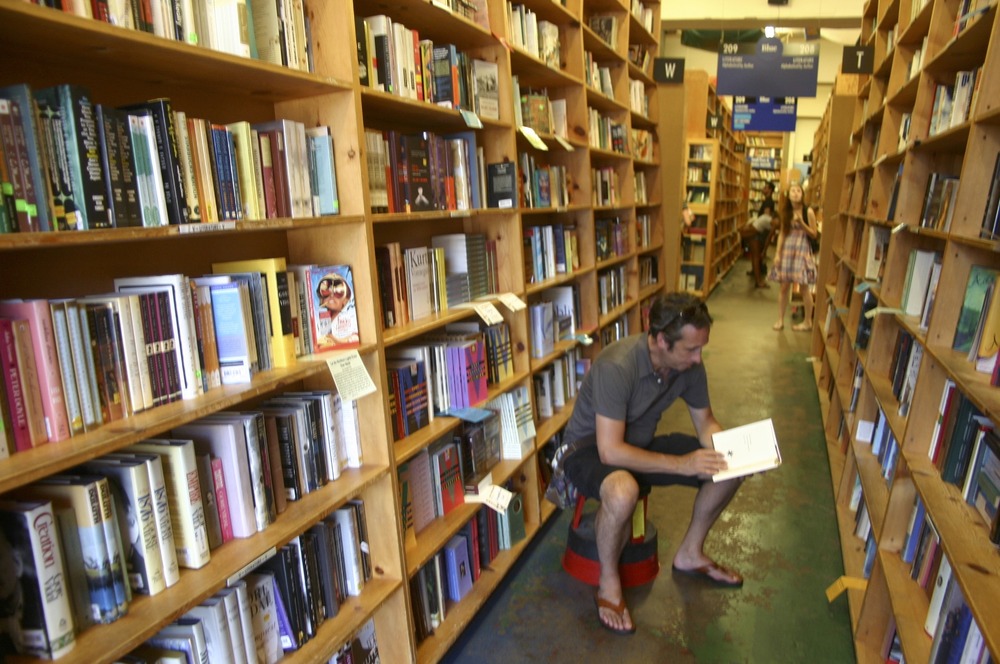Questions for the Mayor
 Thursday, October 13, 2011 at 8:33AM
Thursday, October 13, 2011 at 8:33AM
In November of 2010 Sôichirô Takashima was elected mayor of Fukuoka with a 13-point lead over the incumbent. At only 36 years of age, the former TV presenter became the city's youngest, and perhaps most photogenic, mayor the city has ever had.
Several months into his first term, the editor-in-chief of Fukuoka Now, a local foreign language monthly magazine, sat down with the mayor for an interview. Prior to the interview, a call for questions was put out, and I came up with the following twelve. Many of these remain unanswered.
1. Far too often, Edô, Meiij, and Taishô era residences and buildings are torn down only to be replaced with parking lots or shabby, prefab buildings. What can the city do to better protect its architectural and cultural heritage?
2. In most western cities, and in many of the better Asian cities as well, the waterfront area is one of the more beautiful parts of a city. In Fukuoka, however, the waterfront is a jumble of ugly warehouses and shipyards. As visitors from China and Korea arrive at the city's ports they are greeted with an eyesore. What can be done to make the "face" of the city more beautiful?
3. Traveling from Tenjin to Dazaifu, a trip of only 20 km, one passes through four different cities. Four different cities with four mayors, four city halls, four different manhole cover designs, four different civic and cultural halls, four assemblies, and so on, all spending money on unnecessary projects, tearing down what should be registered as cultural assests and replacing them with eyesores. How would you feel about merging Fukuoka City with neighboring mini-cities to cut wasteful spending, increase the tax base, and coordinate planning?
4. Several years ago, the Nanakuma Line opened to much fanfare. Ridership, however, never met expectations. One of the reasons for this, I believe, is the inconvenience of both ends of the line: Minami Tenjin Station and Hashimoto Station. If the Nanakuma Line were extended to connect with Meinohama (and later Atagohama/Momochihama) on the western end and Hakata station and the International airport on the eastern end, I am certain that the number of passengers will increase. What are your plans for making the subway system more relevant?
5. Throughout Japan, and in Fukuoka too, many historical spots are indicated by little more than concrete posts stating that this is the location that such and such happened. This is a missed opportunity to make the history live, to build authentic sightseeing spots. How can Fukuoka better highlight its historical heritage?
6. There was talk some years ago of making Tenjin a free wifi area. As far as I can tell, this has not yet happened. With the growth of the smartphone market, having a free wifi area in the busiest parts of the city would help foster an environment that benefits creators of software and content for these devices. What do you think?
7. Daimyô and other areas would benefit greatly by having many of the streets turned into one-way roads, with small parks or green areas throughout. This would smooth traffic flow and enhance the quality of living for residents and visitors alike. What do you think?
8. What is the city doing to protect some of its older trees and green areas?
9. Many of the parks are poorly maintained. Gardeners come in only once every few months, hack at the weeds, trim limbs, and then leave the parks to be overrun with weeds, garbage, and the homeless once again. What can the city do to better maintain these areas, to make them places people would be happy to visit?
10. Nishitestu buses often cause more congestion than they solve. A better system would be to have zones, with a few dedicated bus lines that transect the city and transfer points where passengers could catch their connecting busses. Instead we now have twenty or more different bus lines that all go down, for example, Meij or Showa Dôri. The current system is wasteful, polluting, and inconvenient. What do you think?
11. Fukuoka is the hometown of many of Japan's most popular celebrities and entertainers. How can the city better use their fame to promote the city? Of course, these people should not expect to be paid, but should do it out of love and pride for their hometown.
12. The city, as you surely know, has a lot of debt, much of it caused by poorly planned projects, such as Island City, Super Brand City, and so on. How can those who make bad decisions with public money be held more accountable for their mistakes?
 Fukuoka,
Fukuoka,  Fukuoka Now,
Fukuoka Now,  Fukuoka mayor,
Fukuoka mayor,  Lost Japan,
Lost Japan,  Soichiro Takashima,
Soichiro Takashima,  interview with mayor of Fukuoka,
interview with mayor of Fukuoka,  problems with Fukuoka,
problems with Fukuoka,  problems with Japanese cities,
problems with Japanese cities,  questions for the mayor of Fukuoka,
questions for the mayor of Fukuoka,  visiting Fukuoka in
visiting Fukuoka in  Fukuoka,
Fukuoka,  Japanese Cities,
Japanese Cities,  Japanese Politics,
Japanese Politics,  Living in Japan,
Living in Japan,  Lost Japan,
Lost Japan,  Traveling in Japan
Traveling in Japan 